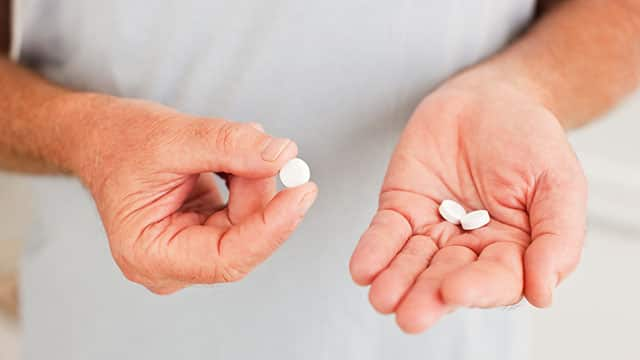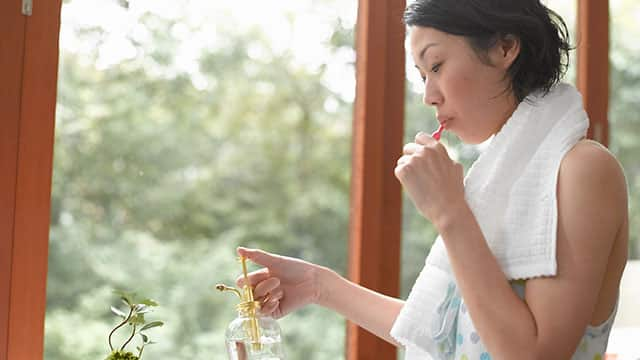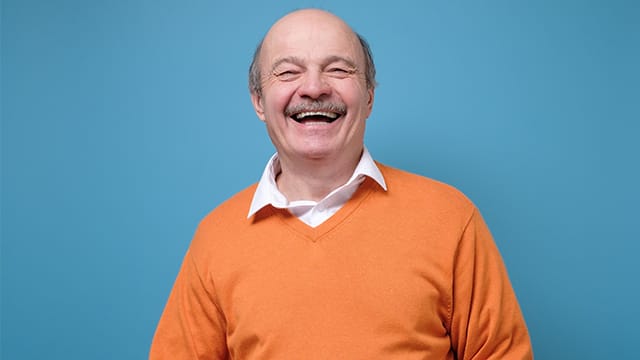How To Reduce Risk of Complications
When you hear the term "blood clot," it may not conjure up any pleasant thoughts. But they are necessary and help the healing after tooth extraction. However, according to the Mayo Clinic, when a blood clot doesn't develop before your wound heals as it should, a dry socket occurs. This can lead to considerable pain, discomfort, and a bad taste in your mouth. Drinking coffee increases the risk of a dry socket. Therefore, it's smart to turn off the coffee maker for a few days.
What to Eat and Drink After Tooth Removal
What your body consumers post-procedure influences the effectiveness and length of your recovery. So following your dentist's recommendation is vital. The University of Utah has created instructions for your entire week following the extraction. It features recommendations, tips, and what to expect, like plenty of water and a small meal upon arriving home. Soft and bland foods (eggs, mashed potatoes, cottage cheese, etc.) are always smart. It's also wise to continue to hydrate over the next few days, but not with hot beverages like coffee.
When Is It Safe to Drink Coffee?
Assuming your healing and recovery process is going swimmingly, you'll want to wait at least 5 days to reintroduce coffee back into your diet, says the University of Utah. But slowly and in small amounts. Within 2 weeks, your swelling should be minimal, and your cup of joe intake can return to its normal consumption level. Contact your dentist if you have any questions or if anything feels off.
How to Promote Healing
Diet is one key element in your healing. There are many other things you should do to make your recovery as smooth as possible. You should:
- Be smart and stay away from anything that could prevent healing
- Avoid tobacco, alcohol, and vigorous rinsing
- Don't use a straw for 24 hours
- Gently rinse with warm salt water after 24 hours
- Apply a cold cloth or an ice bag for swelling
- Brush and floss regularly but avoid the extraction area
- Take any medications (if prescribed) as directed
So now you know if you should drink coffee after tooth extraction. And you know when you should drink coffee after tooth extraction. The key is allowing and helping your mouth to heal so you can drink coffee again. It just requires a little patience — and then you can return to your regular caramel latte, 3-pump, skim milk, lite water, no foam, extra hot drinking habits.
Oral Care Center articles are reviewed by an oral health medical professional. This information is for educational purposes only. This content is not intended to be a substitute for professional medical advice, diagnosis or treatment. Always seek the advice of your dentist, physician or other qualified healthcare provider.
ORAL HEALTH QUIZ
What's behind your smile?
Take our Oral Health assessment to get the most from your oral care routine
ORAL HEALTH QUIZ
What's behind your smile?
Take our Oral Health assessment to get the most from your oral care routine















